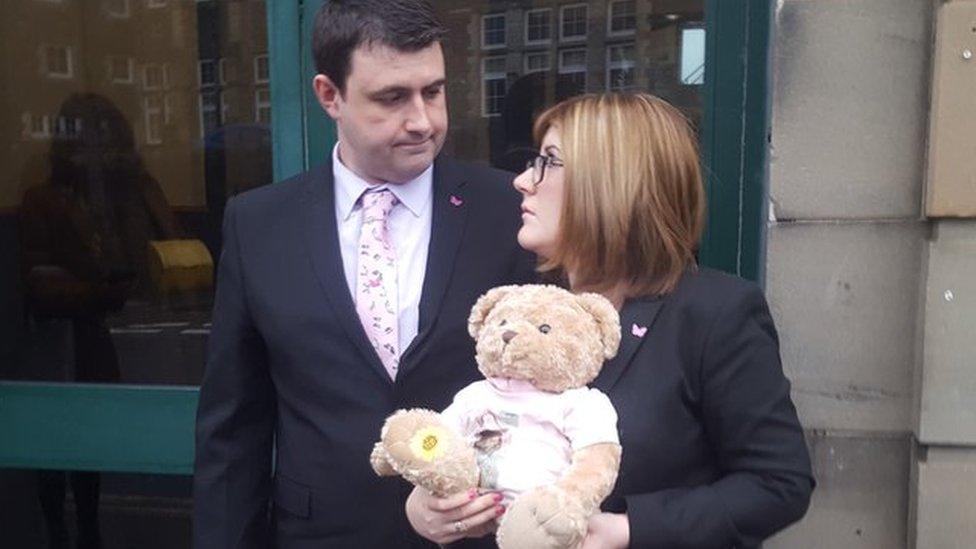Cwm Taf maternity: 'Significant progress' after failings
- Published
'We've had no apology after our baby died'
Cwm Taf Morgannwg health board has made "good progress" in recent months in dealing with serious failings in its maternity services although there remains "much more to be done".
A second quarterly report of an independent panel, external is "cautiously optimistic" of long term improvements.
But there are still big challenges, with a backlog of complaints a "matter of concern".
Maternity services were put into special measures last April.
It follows an investigation by two royal colleges, which found mothers faced "distressing experiences and poor care" at Prince Charles Hospital in Merthyr Tydfil and the Royal Glamorgan Hospital near Llantrisant.
The services were said to be "under extreme pressure" and "dysfunctional", after an investigation looking at 25 serious incidents going back to 2016.
The independent panel was appointed by the Welsh Government.
Chairman of the panel Mick Giannasi said the most important "big ticket" actions have been achieved, and as a result families could be more confident about the quality of care currently being provided.
This includes dealing with staff shortages across maternity units, although more work is needed to tackle staff sickness and an over-reliance on overtime and agency staff.
Staff training has also been improved.

What is the independent oversight panel doing?
Overseeing improvements in maternity services - with 79 different action points - to ensure plans are robust and properly scrutinised
Reviewing cases over a potential 10 years - the 43 cases highlighted by the initial inquiry (2016-18) and then looking at the previous six years and possibly a further two years
Engaging with mothers and families to ensure their voices are heard. Progress is being shared with them every three months, at the same time as the minister, before they are made public. The first report was last October.
Compiling lessons for Cwm Taf and maternity services elsewhere

According to the panel there is other evidence of progress - with a recent inspection of the newly established Tirion midwife-led birth centre at the Royal Glamorgan Hospital describing "care being provided in a safe and effective manner" and in a "homely, relaxed environment".
A further Health Inspectorate Wales inspection into the consultant-led maternity unit at the Prince Charles Hospital is due to be published shortly.
"We're cautiously optimistic," said Mr Giannasi.
"We don't want to convey a sense that this job is done because it isn't by any means but what we do want to convey is a sense that they're making significant progress and they're on the right track."
'To this day, no apology - and that's what we wanted'
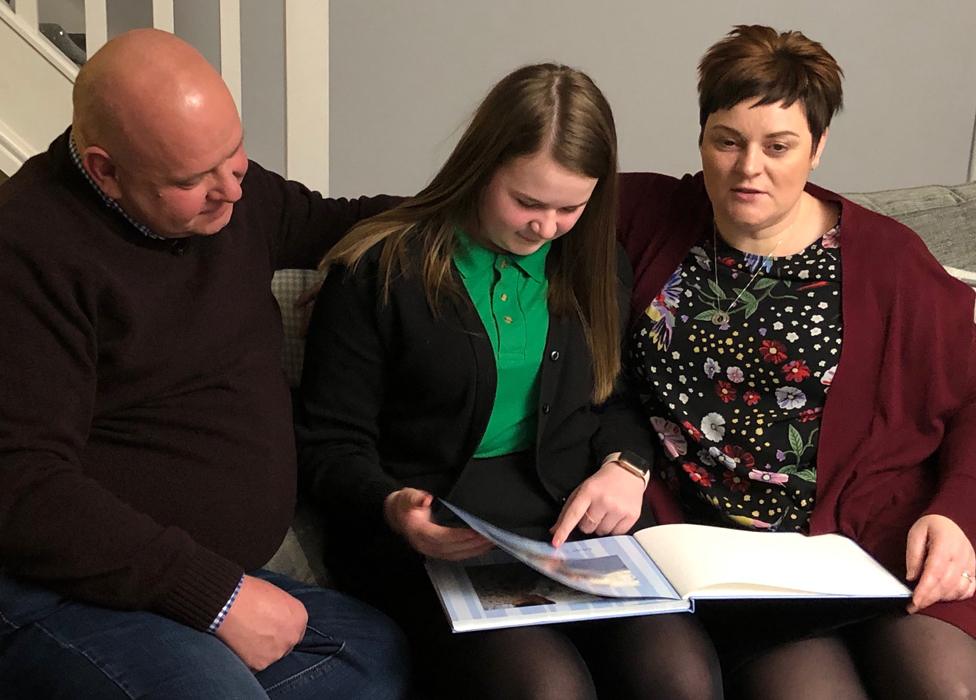
Rebecca Walker with her husband Jeff and daughter say Oliver will always be part of the family
Rebecca Walker, from Mountain Ash, lost her premature baby Oliver when he was three weeks old in 2015.
Because of fertility issues she had been under consultant care at Prince Charles Hospital.
But when she suffered a bleed when on a family holiday with her husband Jeff in Greece, she was kept in hospital and given scans and medication, with doctors saying Prince Charles Hospital needed to take a look at the scans when she returned.
Back home, she had gone to hospital but was sent home. "It was worrying because I had been fine. I went back twice as something was not right."
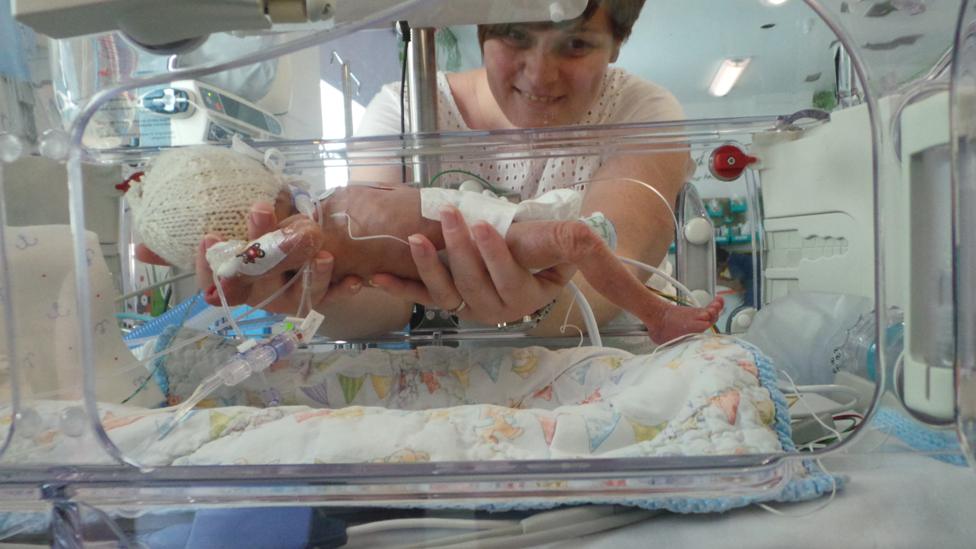
Rebecca with baby Oliver in intensive care
When visiting family in London she went into labour prematurely and baby Oliver was born at 26 weeks in June in a hospital in Surrey. He was put into intensive care but died three weeks later.
"He was too fragile to be transferred home - he had lots of different, complex issues. He was just too poorly."
They had nothing but praise for the care he had in Surrey and Greece - but after a long grieving process, in 2016 they wanted to find out what happened in Merthyr Tydfil, sought help and went to the local community health council.
"We've always said we've seen the best and worst of the NHS," said Rebecca.
"Jeff said he felt there was something not right."
In 2019, Cwm Taf health board agreed they had breached their duty of care to Rebecca, after the scans from Greece were examined again.
"On that night we came back from Greece, Rebecca should have been admitted to hospital," said Jeff, 49. "But to this day, no apology - and that's what we wanted, for someone to explain to us."
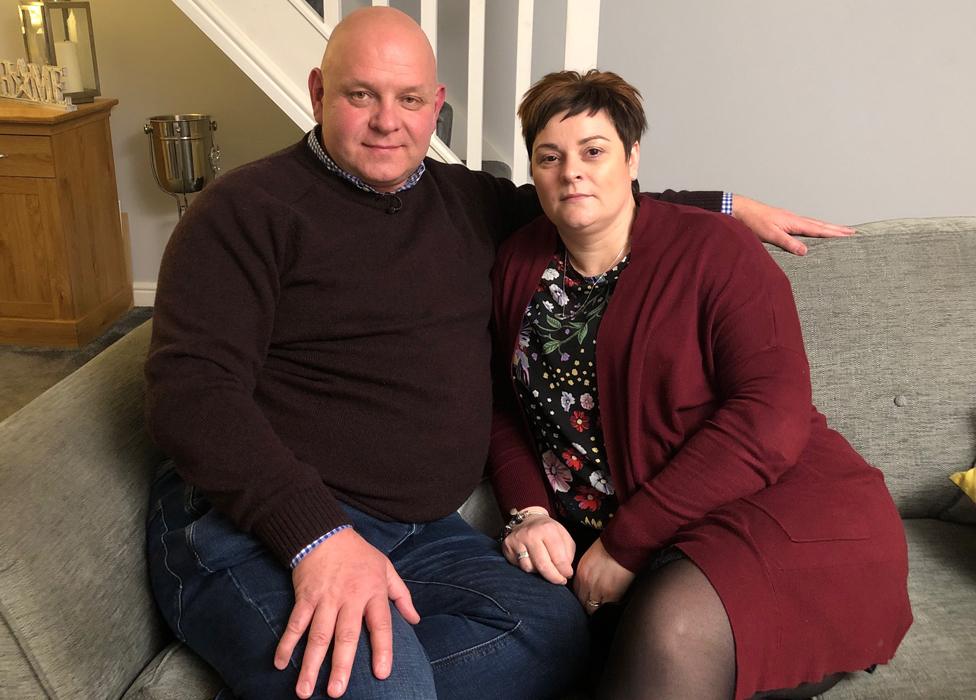
The Walkers want to make sure no other couples go through what they had to
Although given counselling, Rebecca, now 41, felt there was little support as a couple, while the legal process was a huge strain.
When Rebecca heard about the wider problems she wanted to be involved - and is satisfied with those looking to improve things.
"The oversight panel have got a massive job and have got the right people in posts, are structured well and know what they need to do," said Rebecca. "I think it's a bigger job than they originally thought."
"We've got some answers but the whole process we went through was wrong. The whole bereavement process, how that worked for me, how is that working now?"
"People need to know how it affects not just us but the whole family so it doesn't just keep happening again. We'll keep talking about it as there are lots of people who can't talk about it.
"Oliver was part of the family and always will be, that's just our life now - we're different people now.
"If any good can come out of that - we're prepared to help the health board and oversight panel to ensure the changes they say they'll make are made."

Mr Giannasi believes that, although the health board needs to improve its culture, there has been a huge amount of effort from staff to make a difference.
"What we're seeing is a real change in behaviours, a real change in attitudes and the bottom line is that the feedback we're now getting from women is fundamentally different to the picture the royal colleges painted 12 months ago," he said.
What has been the response?
Health Minister Vaughan Gething said he was pleased the health board was making progress, external and he expected it to continue.
He said there was a "large and very sensitive exercise" to review around 140 pregnancies.
Mr Gething said this would take some time to complete but it was vital the reviews were completed "thoroughly and not quickly".
Plaid Cymru health spokesman Rhun ap Iorwerth accused Mr Gething of "still siding with those responsible for management failings".
He added: "It is questionable whether changes in culture can occur without significant changes to the culture of the NHS management itself which has failed miserably to hold any manager to account for the failures that have been seen in Cwm Taf".
Greg Dix, Cwm Taf's director of nursing, midwifery and patient care, said the health board recognised there was still much to do, particularly around complaints processes and culture.
"It is absolutely vital that we learn from the past and the continued engagement with families who have used our services," he said.
"The clinical reviews and ongoing advice of the panel will support us to fully implement the recommendations of the Royal Colleges' report and ensure that continual improvements are in place for the future."
If you have been affected by the loss of a baby, the following organisations might be able to help:
Tommy's - Funding research, saving babies' lives, external
Sands - Stillbirth and neonatal death charity, external
Saying Goodbye - support for miscarriage and baby and infant loss, external
- Published20 January 2020
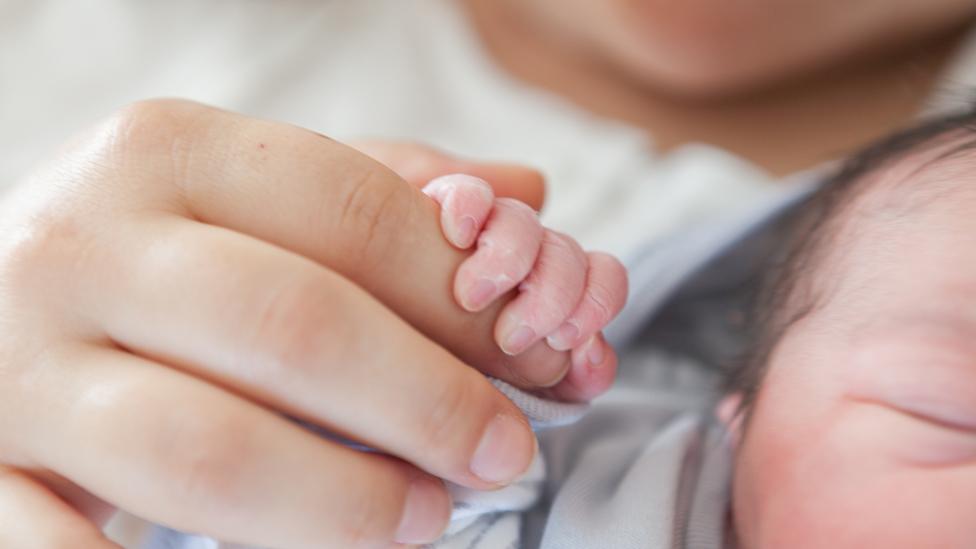
- Published17 December 2019
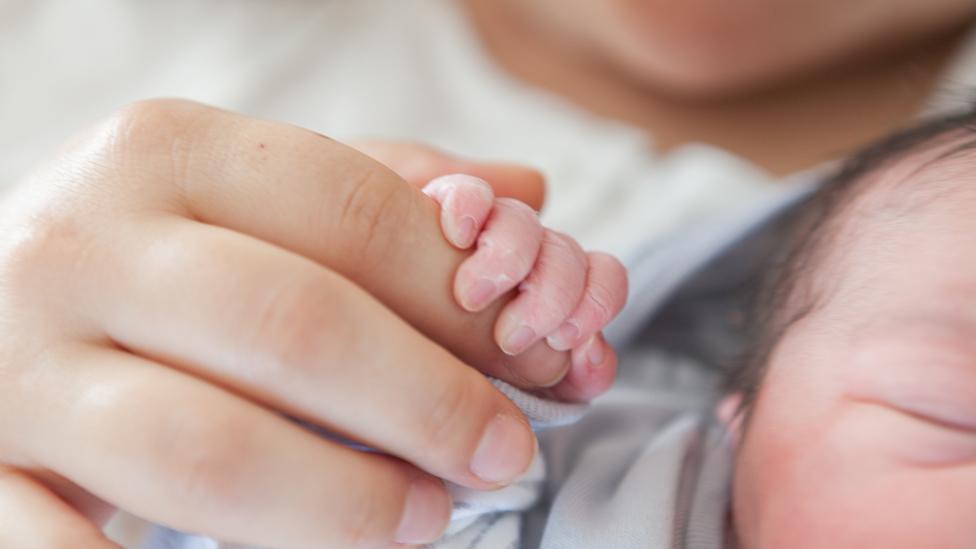
- Published23 May 2019

- Published30 April 2019
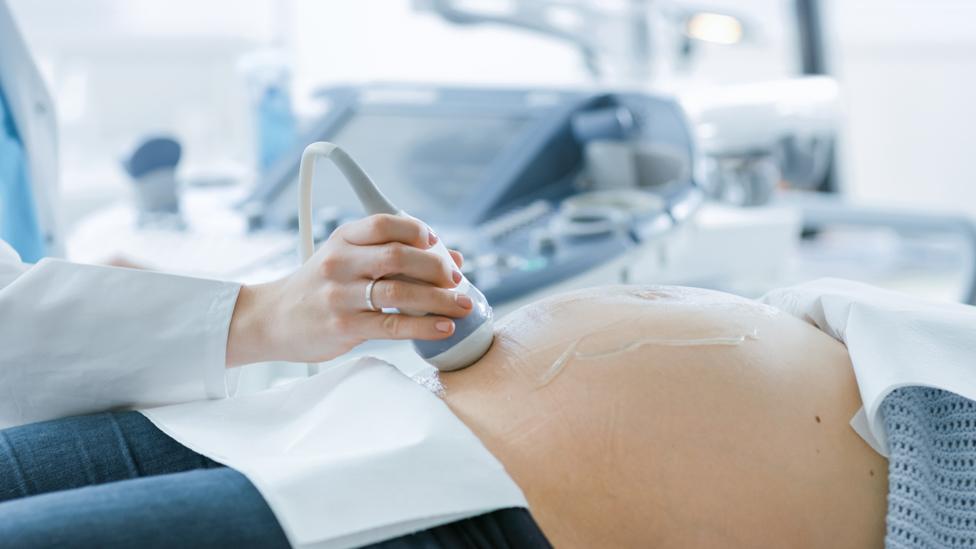
- Published30 April 2019
